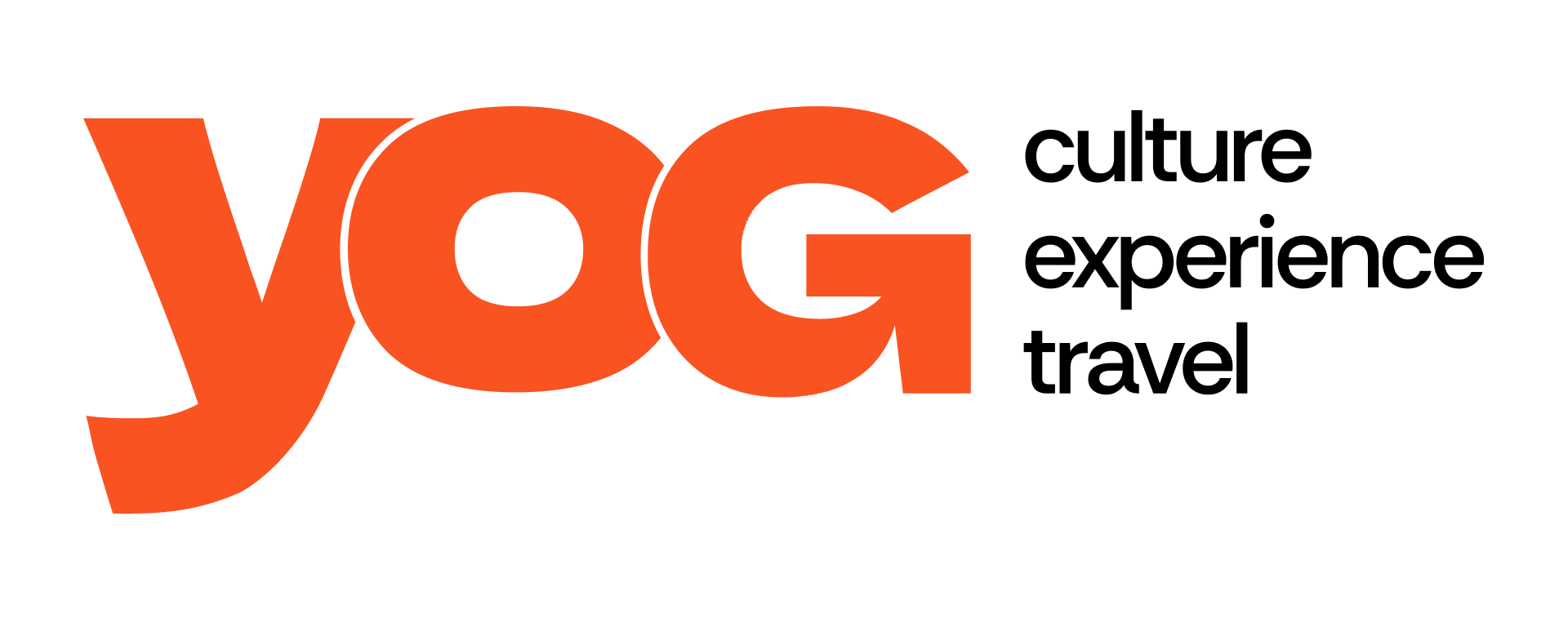Gap Year Costs
Where your hard-earned money goesPrice isn’t an indicator of quality or value. You shouldn’t assume that every programme you see on the internet operates to the same standards or with a level care that ensures participants, staff and your hosts are safe and supported.
If something looks like a bargain or appears to cost significantly more costly-ask why and what is included in price.
As a very rough guide, budget £500-£800 to cover the weekly cost of a program (up to 4 or 6 weeks, location dependent). Longer programs usually offer more value per week and you can still find 3 week programs for less than £1k. You will usually have to add the cost of a flight but accommodation and some meals are often included. Then you need to add your spending money and any costs prior to departure (insurance, kit etc.). You can get an idea of local costs from various travel guides and this blog has a good summary of how expensive or cheap particular countries are. https://www.bemytravelmuse.com/how-much-does-it-cost-travel-the-world/
Do your research
The first step is to research what is or is not included in each programme that attracts your interest.
You can obtain this information from brochures and websites but at some stage do talk to your potential gap year programme providers.
We have a list of questions you can put to companies offering programmes.
In addition ask to be put in touch with people who have recently returned from the programmes that have caught your eye. You can then speak with them to find out more.
Programme costs
Some organisations are entirely run by volunteers, which means they may simply ask for a donation. However most companies have to charge for their services. These are typically in the range of:
Short (1 wk) £5-700
Med. (4-6 wks) £2-3000
Long (3-12 months) £3-8000+
Generally speaking, expect to pay more per week for specialist programmes and those that run in Europe, Australia and North America.
Add ons
Accommodation and at least breakfast and supper are usually included in the price.
Don’t forget the cost of travel insurance, visas, your kit and travel in your home country.
Companies may also offer to help you with visa applications or work-abroad introductions. If you have the time, you can of course do these things yourself.
(a typical volunteer programme)
- Project management overseas 65%
- Management of staff & volunteers 25%
- Office costs, fees & insurance 7%
- Re-investment 2%

